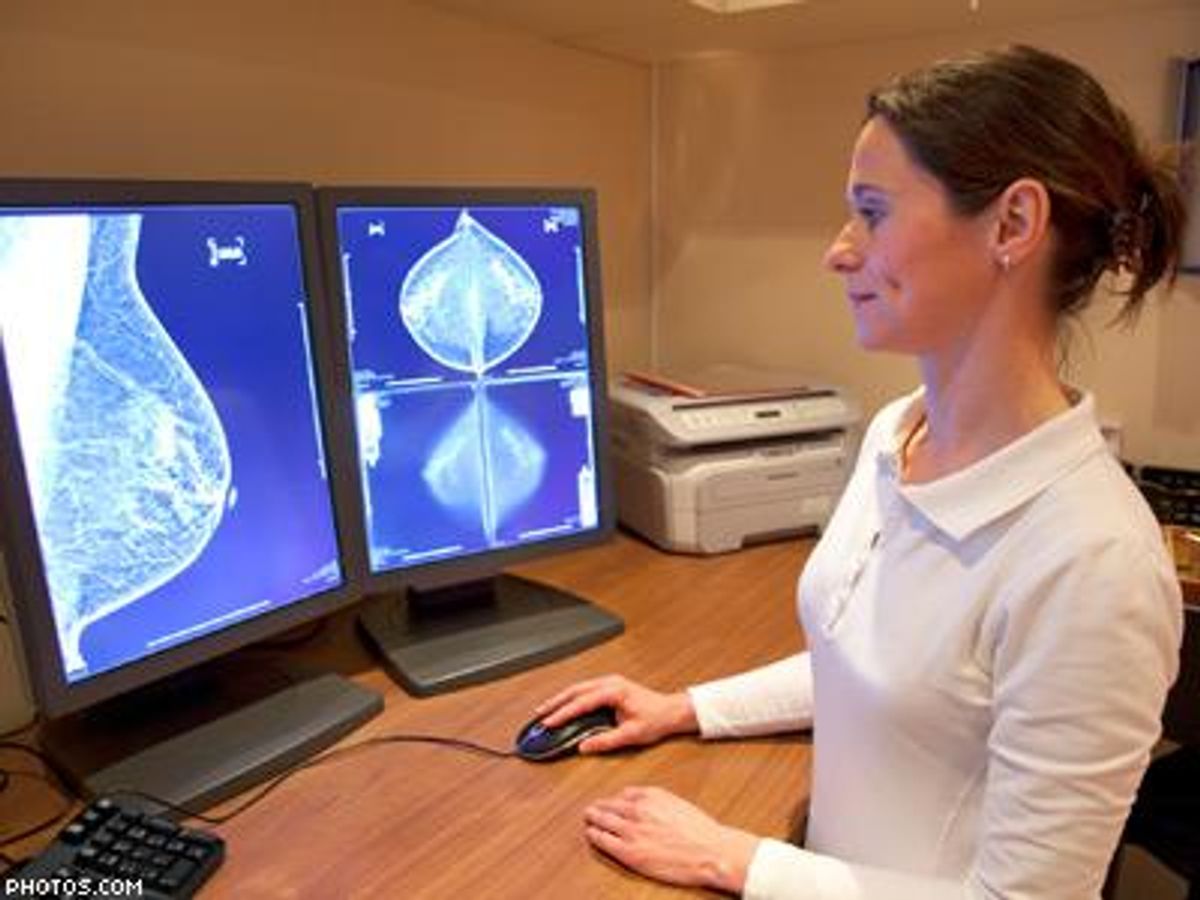This clarification comes in response to criticism that followed after Jennifer Blair, a Colorado transgender woman, was denied a screening. Her health care provider cited a policy that limits coverage under the early detection program, which offers preventive breast cancer screening to low-income women, to people who are "genetically female." Blair had sought screening after noticing unusual growth in one of her breasts.
On October 18, the Human Rights Campaign and National Center for Transgender Equality sent a joint
letter to CDC director Tom Frieden. In the letter, both groups urged Frieden to update this policy, saying it was inconsistent with other health programs run by the federal government.
They point to the Federal Employee Health Benefits Plan, which "requires carriers to provide all necessary preventive benefits and services for insured patients, including transgender individuals." They go on to highlight a statement from the Department of Health and Human Services, in which HHS clarifies the language in the Affordable Care Act to make it clear that discriminating against transgender individuals is prohibited.
Transgender women on a hormone regimen of estradiol find themselves at an elevated risk for breast cancer, with risk contingent on how long the individual has been on hormone replacement therapy. Additionally, transgender men who have not had a bilateral mastectomy remain at risk for developing breast cancer.
Changes to the policy go into effect immediately.


















































































Viral post saying Republicans 'have two daddies now' has MAGA hot and bothered